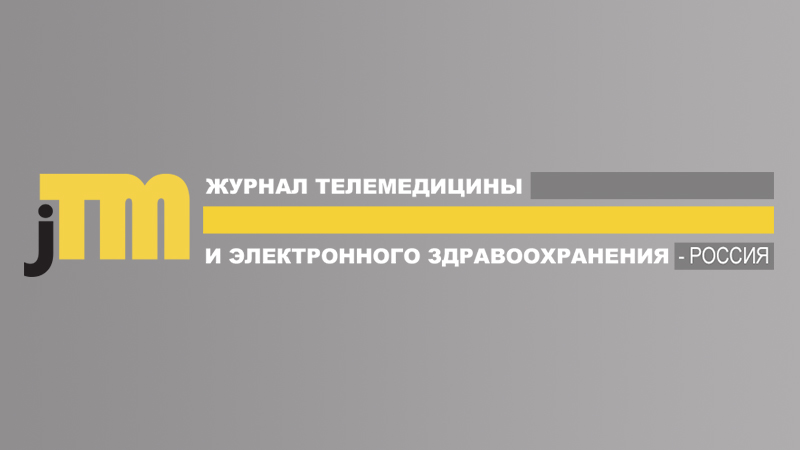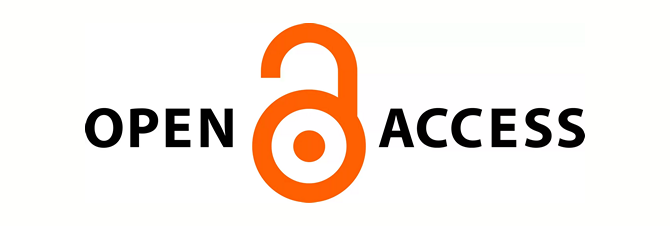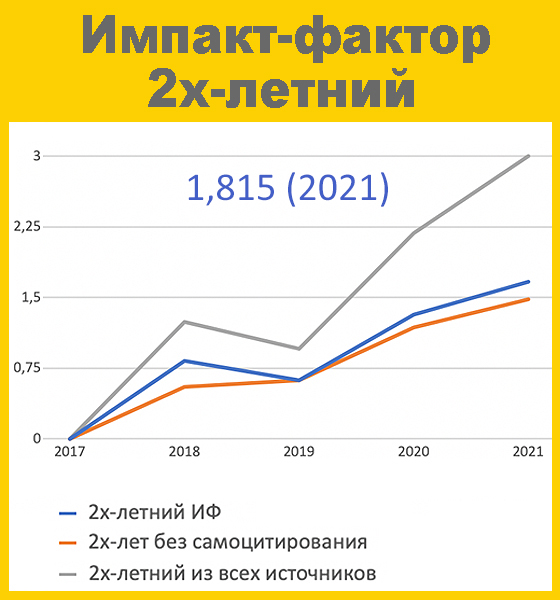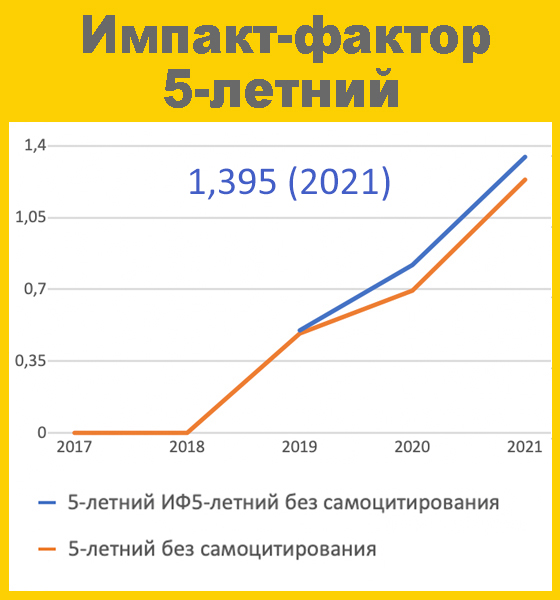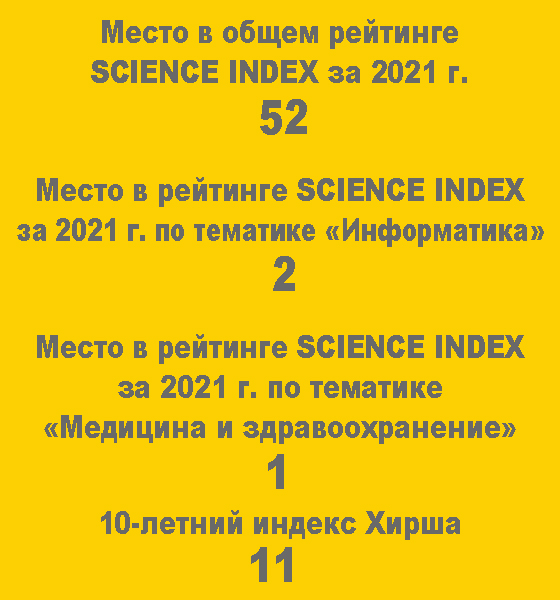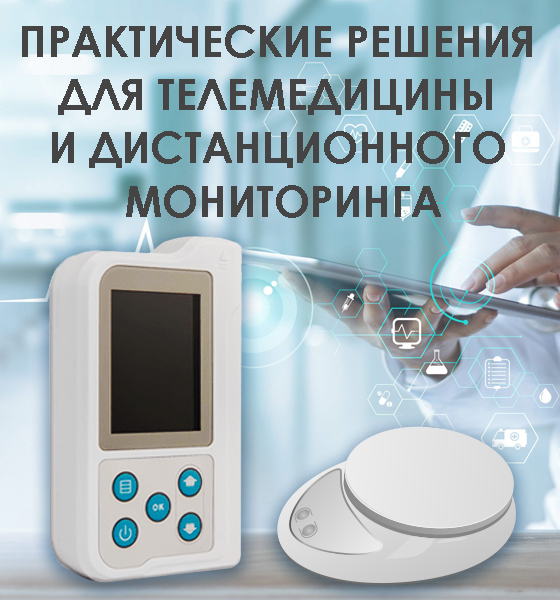Matrix for direct-to-consumer telemedicine quality assessing DOI: 10.29188/2542-2413-2020-6-4-34-44
- Vladzymyrskyy A.V. – Doctor of Medical Sciences, Deputy Director for Research, GBUZ «Scientific and Practical Clinical Center for Diagnostics and Telemedicine Technologies of the Moscow Department of Health»; Moscow, Russia; https://orcid.org/0000-0002-2990-7736
 1978
1978 Introduction. The growing demand for online medical services, the active inclusion of telemedicine consultations in state health insurance programs, and the general intensive development of telemedicine require a methodology for quality assurance and control.
Objective is to develop a methodological basis for a comprehensive assessment of the quality and effectiveness of direct-to-consumer telemedicine consultations.
Material and methods. There are sources of primary data: systematizing scientific publications (descriptions of models and methodologies for telemedicine quality assessing); own theoretical researches, accumulated practical experience with of directto-consumer telemedicine. Methods of analysis and synthesis have been use.
Results and discussion. The matrix for for direct-to-consumer telemedicine quality assessing has formed. It includes four domains «Accessibility», «Efficiency», «Safety» and «Responsibility» from the standpoint of all participants of the distant interaction processes: patient and/or legal representative; medical consultant; operator of a telemedicine information system; medical organization; health care system (society). The matrix takes into account the aspects of goal-setting and the interests of each participant. There are structured metrics in frame of each domain.
Conclusions. The matrix can be used as a basis for scientific research and as a methodology for internal and departmental quality control of medical care provided via telemedicine technologies.
| Attachment | Size |
|---|---|
| Download | 793.66 KB |



































